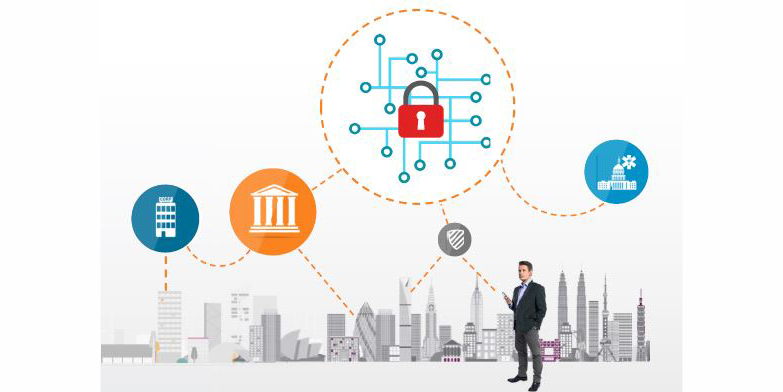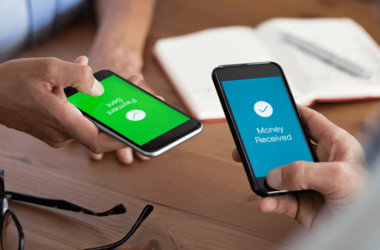Gemalto has revealed that consumers prioritise security above all else when it comes to using smartphones, with 80 percent claiming that security is their most wanted feature in a mobile.
This is according to a survey conducted by Gemalto, which polled consumers across the globe (1,300 interviews) about their mobile preferences. The report found that convenience is a top priority, too, with almost half of the consumers surveyed (48 percent) citing speed and convenience as very important factors in their mobile usage.
When it comes to security, consumers expect an easy and frictionless experience from their app providers, be they banks, governments or any other large enterprises. Furthermore, it’s worth noting that users would consider not one, but multiple methods to protect their apps, working alongside each other (standard login/password, anti-virus, encryption, biometric authentication and so on).
Consumers reported they look for “the psychology of security”, with 80 percent wanting to see a security symbol displayed while an app is in use as reassurance. When asked what they would do if their smartphone was 100 percent protected, the consumers polled claimed they would be willing to use their phones for more personal functions. 70 percent would access digital identity documents on their smartphones, two-thirds (66 percent) would perform more digital transactions, and 38% would use their phone to access their home (instead of physical keys).
While consumers are open to the idea of their devices helping improve everyday tasks, they are not as comfortable with their social media credentials being used to authenticate important services, such as online banking. 75 percent of those surveyed wouldn’t log into their bank account using their Facebook log in details, or use their Facebook account as a component for two-factor authentication. In fact, only four percent would happily use either of these authentication methods when accessing their bank account from a mobile device.
Despite consumers seeking comfort in security marks, there is still work to be done to raise awareness of some of the top threats. Only four percent of consumers are concerned about malware when connecting to public Wi-Fi, and only one percent fear ransomware. However, consumers are more aware of phishing attacks, with one in ten citing this type of cyber theft as a concern.
“To build consumer trust and encourage mobile app usage, app providers must secure their apps whilst making this visible to users, so that they feel safe,” said Remi de Fouchier Vice President Marketing, Gemalto. “Whether this is achieved through security notifications to users, biometric means such as facial recognition, or the display of security symbols, providing these assurances gives considerable opportunities for growth. Whether it’s harbouring digital identity documents or unlocking our homes, consumers stand to gain a lot more from their devices once they are convinced that they can transact safely with their apps.”





